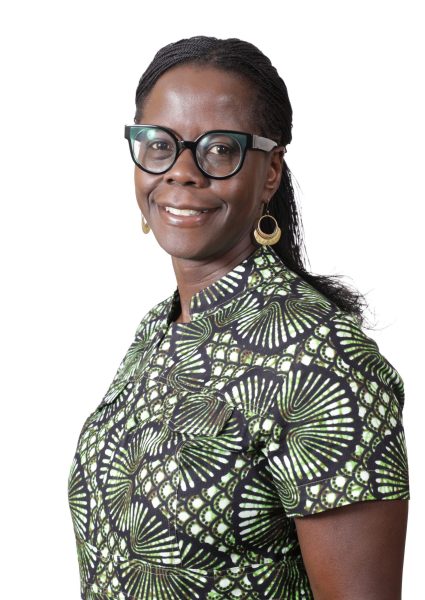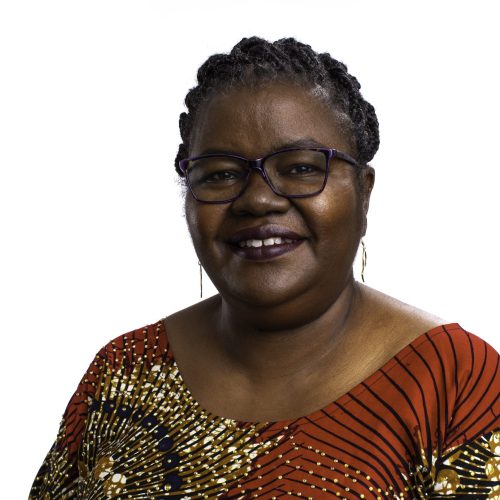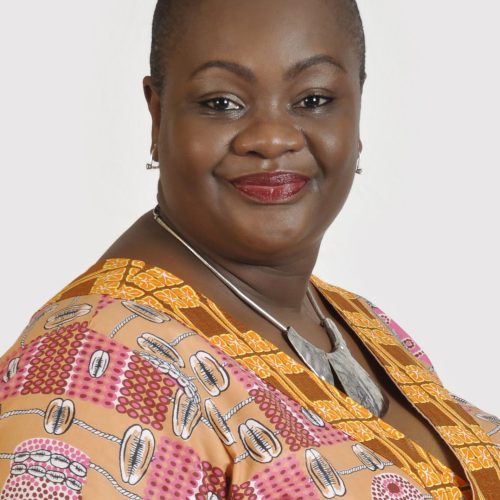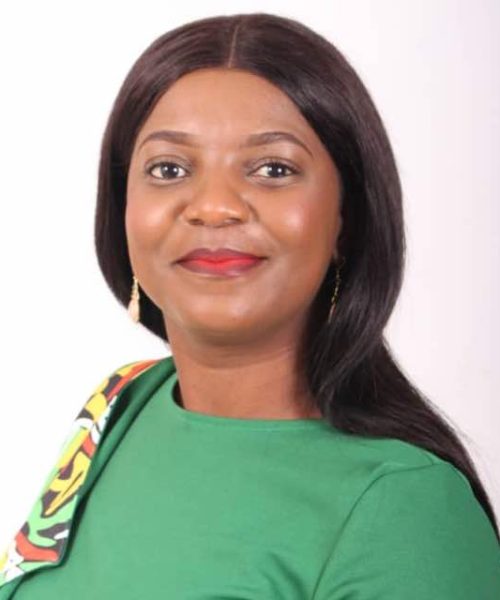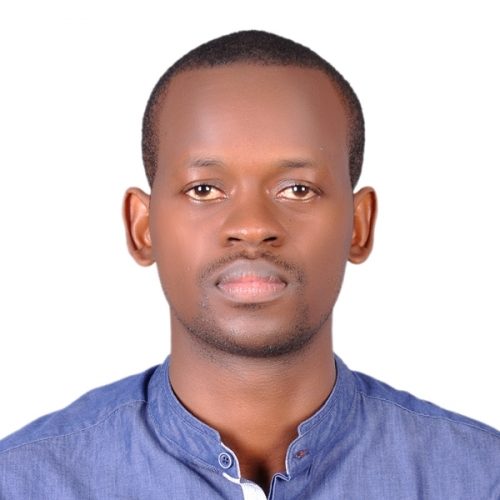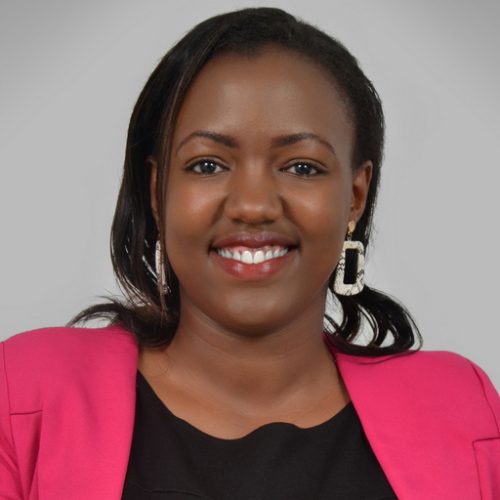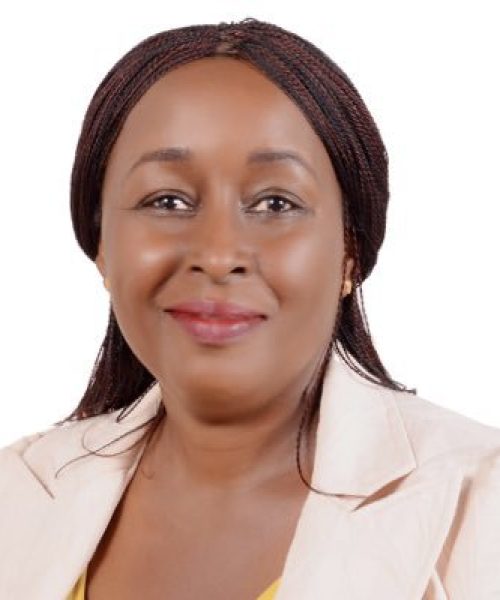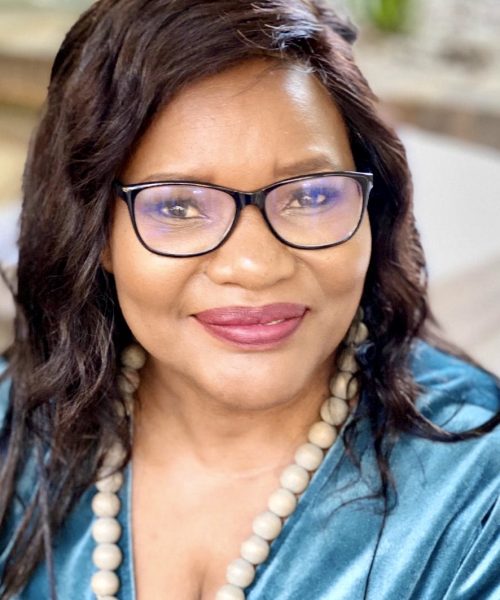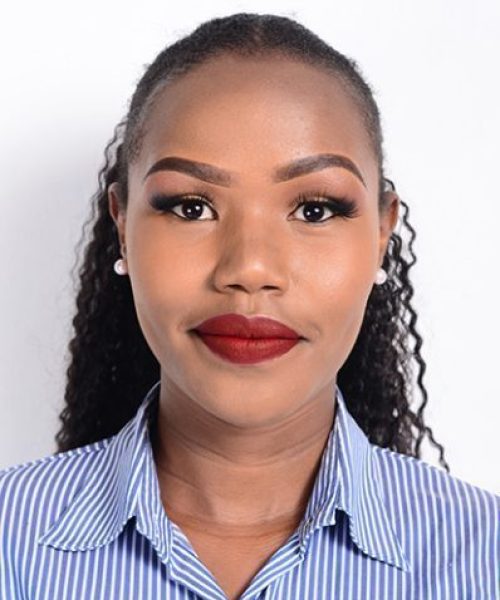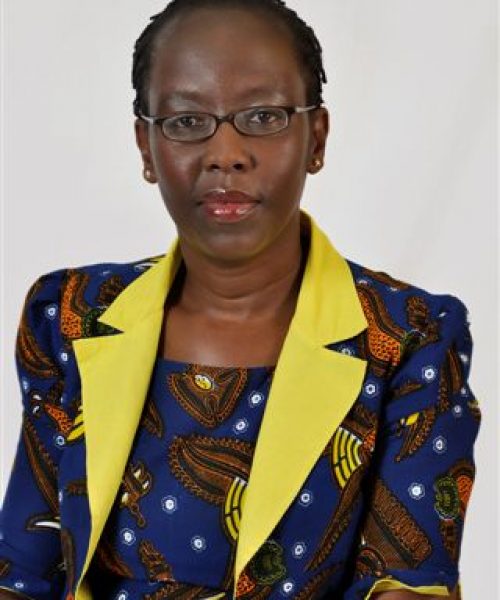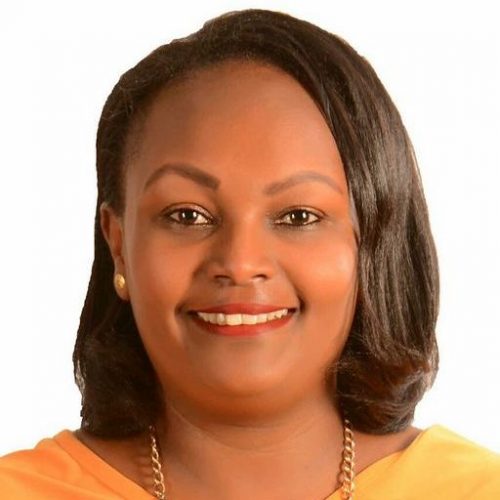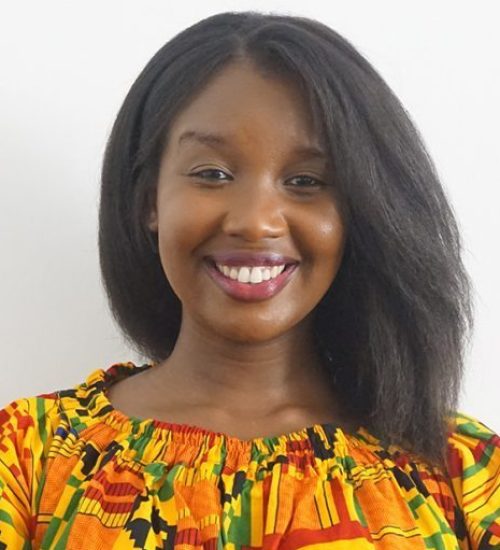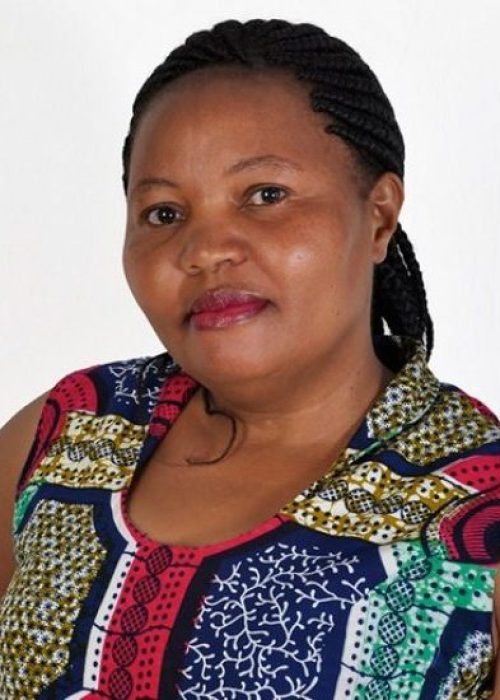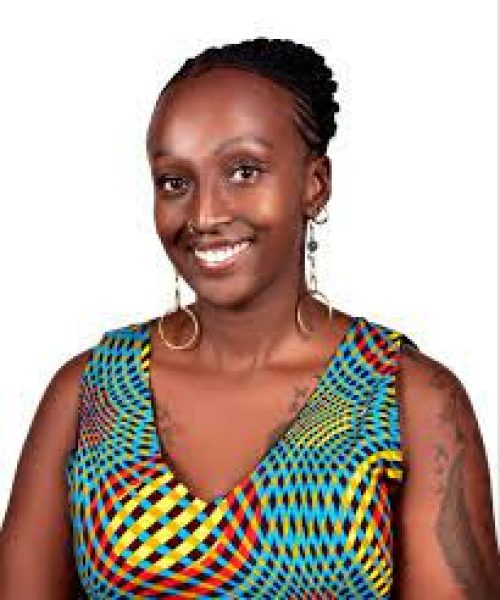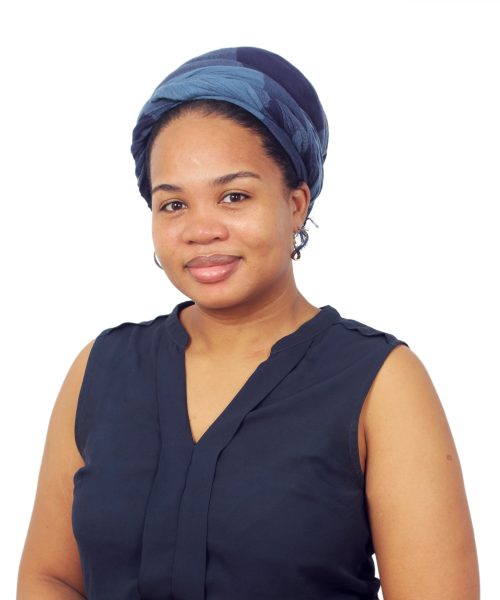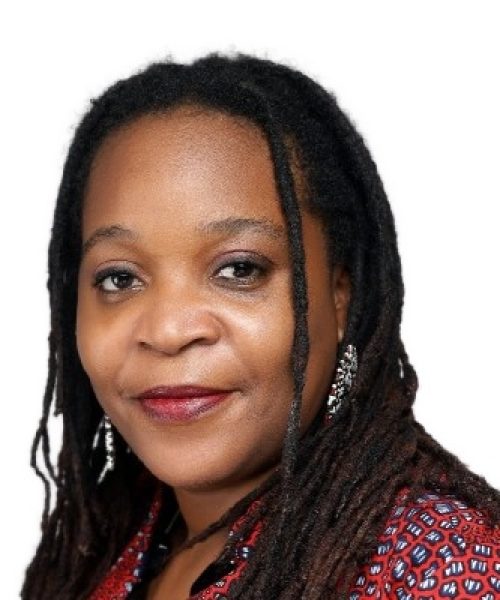
Centering pan-African philanthropies amid the shifting global socio-political and economic order
By Halima Mahomed Senior Fellow for African Philanthropy, Trust Africa and Ndanatsei Bofu-Tawamba CEO, Urgent Action Fund – Africa
There is no question that we are living in unprecedented times. The past three years, marked by the onset of Covid-19, were an era on their own. While a global challenge, the notion of the pandemic as the “great equaliser” was a complete myth; indeed, it reinforced and deepened the existing systemic structures of violence and injustice, with disproportionate impacts on women, gender diverse persons, persons with disabilities, informal workers, and people of colour.
The pandemic, along with global shifts such as the rise in prominence of anti-gender and anti-rights groups on one hand and renewed vigour of anti-racist, feminist and mass civic mobilisation on the other, all make for a unique historic moment for Africa. It is past the time for Africans to take charge of the challenges brewing on the continent and reset the agenda for what needs to be addressed, and how. One avenue that can help to bolster this is African philanthropies.
The term philanthropy is foreign to Africa, but the concept has deep-seated roots in the concepts of mutuality, reciprocity and solidarity, reflected in a multitude of everyday practices — giving from what people have in the present (not just from what they have left over). Think of African women sharing financial resources with each other and for communal growth through practices of Esusu within Yoruba culture, or the Ukub in Eritrea, where women in communities form a credit-based system through money contributions, and discuss socio-political and socioeconomic affairs that affect them and their communities.
Then there is the motho le motho kgomo initiative in Botswana (loosely translating to one person, one cow), where locals and others contributed to the construction of the first tertiary campus; the productive asset sharing prevalent in agrarian societies; the thousands of elderly women who took on responsibility for a generation of orphans during the HIV pandemic in Southern and East Africa; or the multitude of communal support mechanisms that people use to carry each other in times of birth and death.
In Egypt, between 2011-2013, at the forefront of political attacks and with security forces attacking human rights defenders with impunity, youth groups capitalised on technological advancements in the country, using social media, SMSs and informal online groups to crowdsource financial and technical resources for an array of issues: medical relief, blood donation and for financial relief for survivors of violence against women on the streets and in private spheres.
Furthermore, African philanthropy is inspired by religious roots, with numerous examples of those in the Nigerian diaspora, of Muslim and Christian faith, engaged in transnational philanthropy and financing towards poverty alleviation in their home country. Both as individual and collective practical demonstrations of their faith, they served as primary safety nets for many, when Covid-19 compounded already existing crises.
The leadership and initiative of ordinary people played the biggest part in mitigating the toll of the pandemic on the continent. Organised, but not legally constituted, these and many other practices embedded in daily life hold the shape of the kind of giving most prevalent on the continent. While these narratives do not fit into the Global North definitions of the term, they must first be centred when we talk of African philanthropy.
Over and above this, legally institutionalised giving fora have also emerged — in the form of community, private, corporate and high net worth (HNW) foundations — and these are increasing significantly. We note that there are important critiques to engage around the limited role of corporate and HNW philanthropy in addressing structural issues underlying injustice as well as critical conversations to be had on the origins of philanthropic money.
We are, however, seeing a small shift, with some HNW Africans playing an increasing role in addressing structural challenges on the continent. The Mo Ibrahim Foundation’s research on governance in Africa; the Raith Foundation’s support for human rights groups in South Africa; Zimbabwean businessman Strive Masiyiwa, the AU’s special envoy on Covid–19, who also headed the African Vaccine Acquisition Task Team, are some examples. Masiyiwa and other African philanthropists brought a diversity of African experts from public, private and social sectors into conversations to increase the capacity of the African manufacturing sector’s response to Covid-19.
African philanthropic initiatives like these and civil society initiatives such as the Health Justice Initiative in South Africa have attempted to counter global socioeconomic, political and pharmaceutical architectures and systems that have designed an unsustainable reliance, which leaves Africa vulnerable to further forms of structural violence and exclusion.
The continent is making huge strides on crowdsourcing technology. BackaBuddy, a South African crowd sourcing platform, has raised over R325-million for charities and individuals. The Kenyan open source platform Ushahidi, created in 2008 to respond to the rise in ethnic violence during elections in the country, has since been deployed 12 000 times across the globe, to track various crises. At a structural level, feminist philanthropies such as Urgent Action Fund Africa and African Women’s Development Fund are breaking barriers in advancing locally led and intersectional agendas on systemic change, while foundations such as TrustAfrica are working to ensure African narratives are advanced in global policy discussions, on issues like illicit financial flows and resource justice.
Despite these strides forward, there is a larger conversation that needs to happen around power, narrative and agenda setting. At the micro level, the majority of our formalised philanthropic institutions have imported philanthropic practices and systems from the Global North — our structures of engagement, funding, assessment and implementation of social interventions are modelled on bureaucratic systems that place inordinate hardship on those doing the work of social change on the ground, demand systems of accountability that centre funder interests and efficiency, and are not rooted in the priorities of those living the injustice; they narrow what is seen as the legitimate civic space. In short, these ways of working entrench existing power and inequity.
As African philanthropic institutions, we have not interrogated whether these structures are the most appropriate for our constituencies; whether they help or harm the work on the ground or critically examine what practices within these are mandated by our own laws; and what indeed we have flexibility on, but have imported a-contextually as “good practice”.
We are far from reaching the potential of our philanthropy and we need to reset and reframe the practices that shape institutionalised philanthropy on our continent. We also need to reset how we conceptualise the role of institutionalised philanthropy around rooted agendas and space for agency — shifts in practice must be accompanied by shifts in ideology on how change happens. This demands a casting off of colonial and Western legacies, narratives and practices to genuinely transform our institutions and platforms.
At a macro level, recent times have painfully exposed the current state of African philanthropy in relation to who owns the pen in framing continental and global narratives and agendas on social change. The current neoliberal, North-to-South development and philanthropic agenda-setting processes have led to an undermining of issues, priorities and power within the continent, and have in fact been a significant barrier in reducing inequalities and decolonising existing power dynamics. In fact, too often, these have actually deepened the status quo.
While the onset of Covid-19 and the Black Lives Matter protests brought about significant attention to some of these agendas — and indeed we have seen a raft of philanthropic and international aid conversations revolving around decolonisation, localisation, “Diversity, Equity and Inclusion” and power — the narratives underlying these conversations are often being curated by those who hold money and power, and we are being forced to participate in conversations not of our own design. This inherently limits the scope and extent of the fundamental transformations that are needed in the development and philanthropic sectors.
It is time for African philanthropies to disassociate from the dominant narratives, and assert narratives of change that are owned by us and meaningful to our context. These narratives must centre on organising our power. We can no longer look at transformation of philanthropic and development agendas in a framework where we are at the mercy of those who hold power to determine what power is shared, decolonised or localised, and the extent to which this translates into practice. It is not enough to be invited into conversations by power holders, in their spaces, using their narratives, on agendas that have already left the station.
For African philanthropic narratives and agendas to influence the global discourse, several things need to happen. We need to take ownership of shaping our own agendas and narratives on power — the lead taken by feminist funds in Africa are great examples of this. We need to organise power in ways that local movements, communities and activists who bear the brunt of inequality, discrimination and erasure of voices lead the agendas of transformation.
We must strengthen intellectual and practical knowledge bases, but within grounded narratives that value and legitimise philanthropy as much more than money. We must support African philanthropic infrastructures to champion and amplify multiple voices and narratives of African philanthropies, and advocate for a broader enabling environment that strengthens the impact of individual and institutional giving practices without harming them.
We must demand pan-African philanthropic fora that decentralise money as a source of coercive power, and root power in people as primary agents of what change is needed. And finally, African philanthropies need to come together to collectively set our own agendas and frameworks — and not only within our niche or individualised circles of influence. A collective pan-African voice is vital to position a counter-narrative that roots power and agendas within us, on the continent. We have for too long only aimed to raise uncomfortable conversations on these issues, but discomfort is something you can live with while still perpetuating the status quo. True transformation requires we go far beyond discomfort.
— Halima Mahomed, Senior Fellow for African Philanthropy, Trust Africa & Ndanatsei Bofu-Tawamba, CEO, Urgent Action Fund – Africa
About UAF-AFRICA
Urgent Action Fund-Africa (UAF-Africa) is a feminist, pan-African, rapid response Fund, committed to transforming power relations through resourcing African feminists and womn human rights defenders and their formations as an act of solidarity. UAF-Africa’s rapid response grant-making mechanism enables her to support unanticipated, time sensitive, innovative, and unique initiatives that promote womn’s agency in democratic governance, economic, environmental and climate justice, conflict transformation and justice-oriented processes while protecting womn’s integrity and rights.
This post was originally published on The Mail & Guardian

